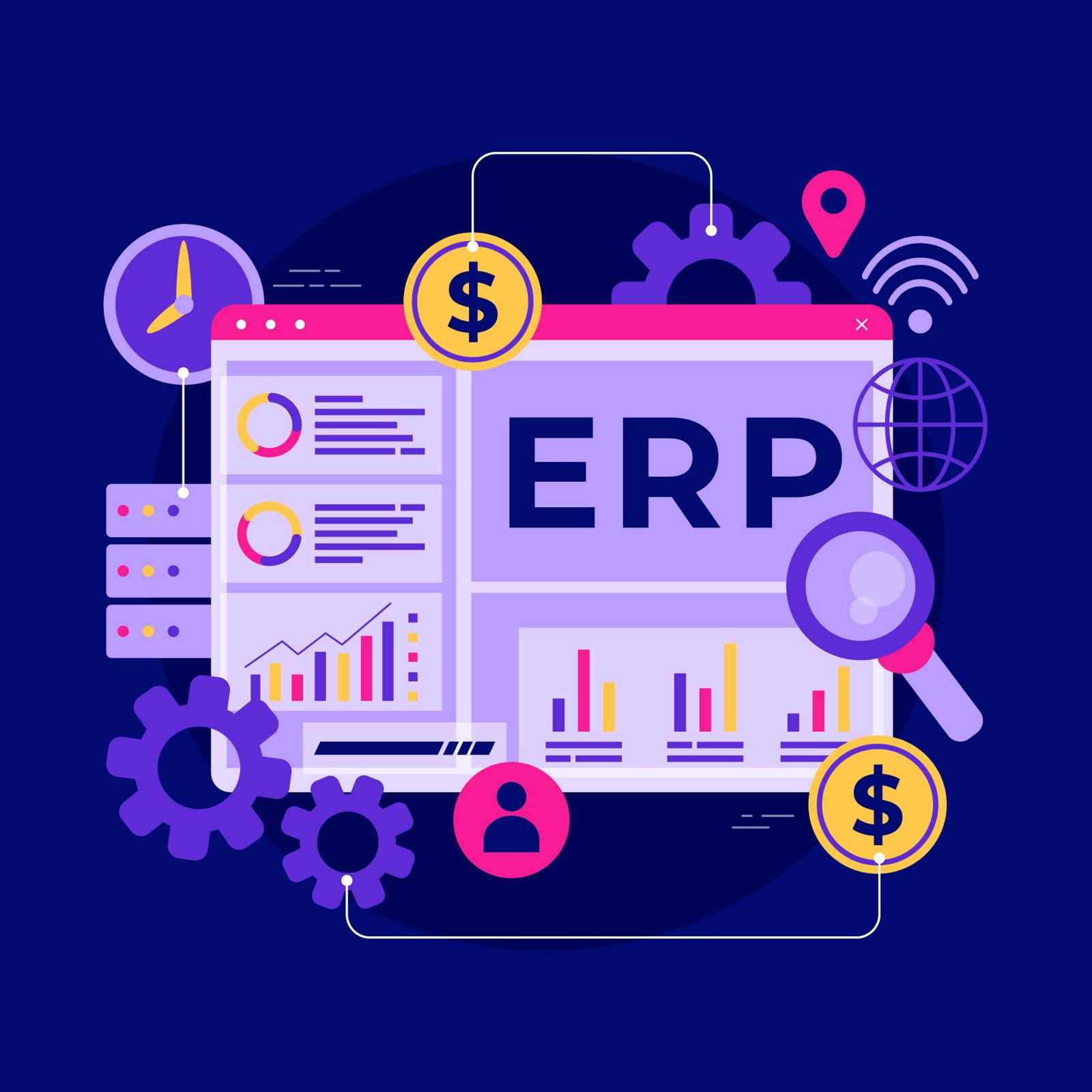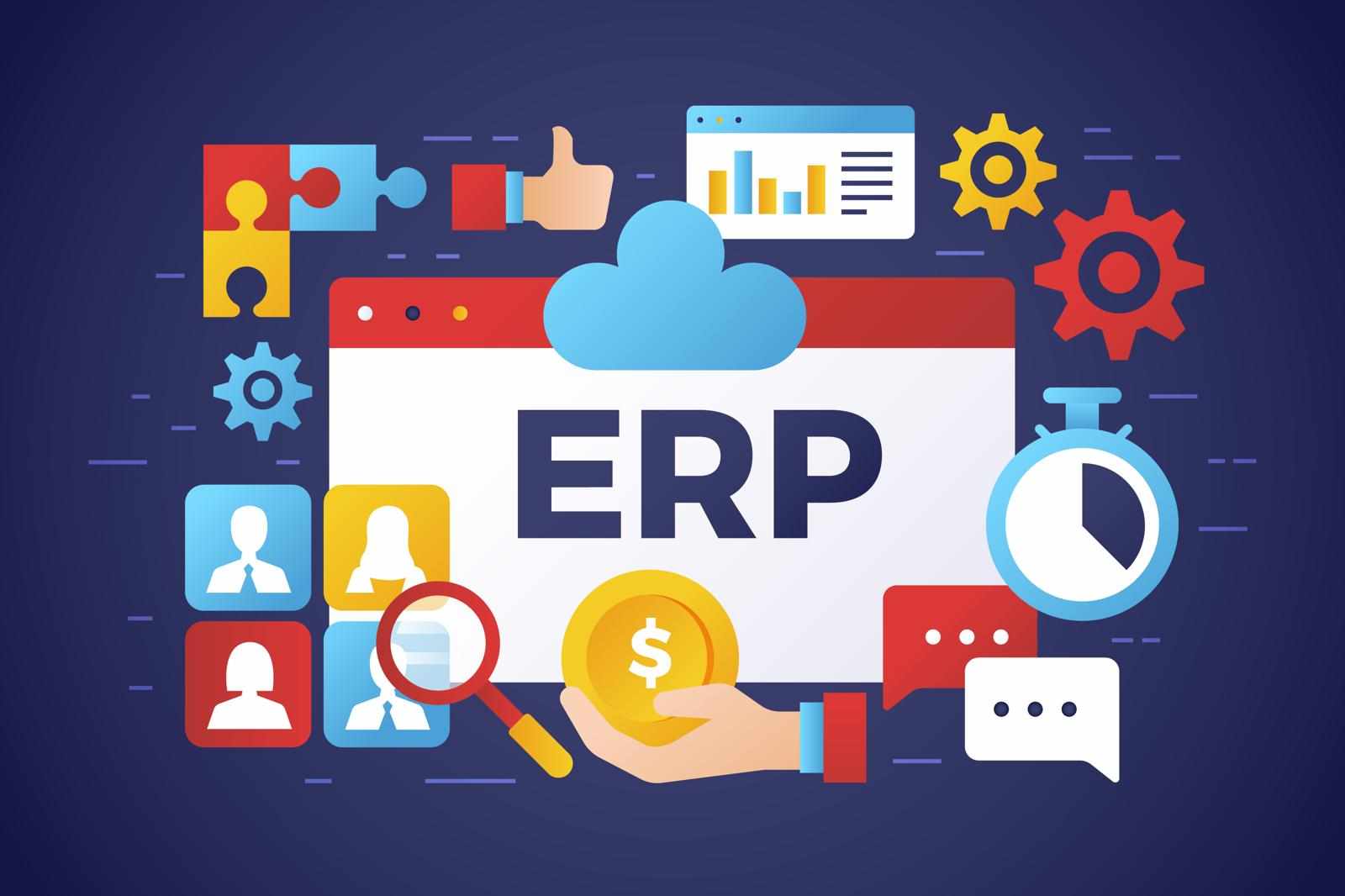In the dynamic landscape of retail and eCommerce, businesses are constantly seeking innovative ways to streamline operations, enhance customer experiences, and boost profitability. One technology that has revolutionized these sectors is cloud computing. By leveraging the power of the cloud, retail and eCommerce companies can achieve significant advantages over traditional IT infrastructures. This article explores the numerous benefits of cloud computing in these industries, with a particular focus on ERP software for the retail industry. Scalability and Flexibility One of the primary advantages of cloud computing for retail and eCommerce is its scalability. Unlike traditional on-premises solutions, cloud-based ERP software allows businesses to scale their operations up or down effortlessly. Whether a retailer experiences seasonal spikes in demand or rapid growth, cloud computing provides the flexibility to adjust resources and infrastructure accordingly. This scalability ensures that businesses can meet customer demands without the constraints of physical hardware limitations. Cost Efficiency Cloud computing eliminates the need for significant upfront investments in hardware and maintenance costs associated with traditional IT infrastructures. Retailers can opt for a subscription-based model, paying only for the services and resources they use. This cost-effective approach allows businesses to allocate resources more efficiently, investing savings into core competencies such as marketing, product development, or enhancing customer service. Enhanced Data Security Security is a top priority for any business handling sensitive customer information. Cloud service providers invest heavily in state-of-the-art security measures, including encryption, threat detection, and regular security audits. By migrating to the cloud, retail and eCommerce businesses can benefit from enterprise-grade security protocols that often surpass what can be achieved with on-premises solutions. This level of security not only protects customer data but also helps businesses comply with industry regulations such as GDPR or CCPA. Improved Collaboration and Accessibility Cloud-based ERP software enables seamless collaboration across different departments and locations. Employees can access real-time data and insights from anywhere with an internet connection, fostering better communication and decision-making processes. This accessibility is particularly beneficial for retailers with multiple stores or eCommerce platforms, ensuring that everyone operates on the same page and has access to the latest information. Agility and Innovation In today's fast-paced retail environment, agility is crucial for staying competitive. Cloud computing empowers businesses to innovate rapidly by providing access to cutting-edge technologies such as AI, machine learning, and predictive analytics. These tools can be integrated into ERP systems to analyze customer behavior, optimize inventory management, personalize marketing strategies, and forecast trends. Such agility allows retailers to adapt quickly to market changes and customer preferences, gaining a significant edge over slower-moving competitors. Disaster Recovery and Business Continuity Disruptions such as natural disasters, hardware failures, or cyberattacks can severely impact retail operations. Cloud computing offers robust disaster recovery solutions that automatically back up data to secure off-site locations. In the event of an unforeseen incident, businesses can quickly restore operations without prolonged downtime, ensuring minimal disruption to customer service and sales. Conclusion Cloud computing has transformed the retail and eCommerce industries by providing scalable, cost-effective, secure, and innovative solutions through ERP software tailored for retail operations. As technology continues to evolve, businesses that embrace cloud computing are well-positioned to enhance operational efficiency, improve customer experiences, and drive sustainable growth in a rapidly changing marketplace. By harnessing the power of the cloud, retail and eCommerce businesses can not only survive but thrive in an increasingly competitive landscape. In conclusion, integrating ERP software for the retail industry into cloud computing frameworks represents a strategic move towards achieving operational excellence and maintaining a competitive edge in the digital era.
Story
The Benefits of Cloud Computing in Retail and eCommerce






Write a comment ...